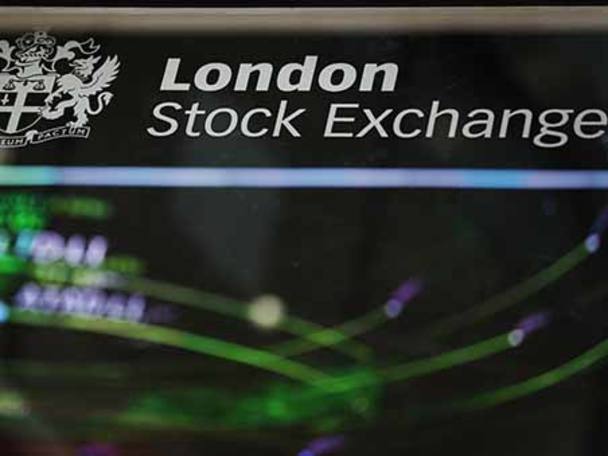London Stock Exchange Group 's (LSE) all-share merger with Deutsche Börse is in trouble. The European Commission has raised fresh concerns over whether the sale of its France-based clearing house LCH SA is enough to ensure market competition. The European antitrust regulator has proposed LSE instead divest of its majority stake in Italy-based repo and bond trading house MTS, in what management said was a "disproportionate" remedy.
The regulator's concerns centre on access to bond and repo trading feeds, provided by MTS. LSE said that while MTS is not a major contributor to group revenue, it is "a systemically important" regulated business in Italy due to its significant role in the trading of domestic government bonds and other securities. Italy overall is an important contributor to the group's sales and profitability, management added.
Changing control of the business would need approval from Italian regulators and, following discussions with them, LSE said it did not think this could be "satisfactorily achieved". Management said it would not be submitting revised remedy proposals, required by the end of February. It is therefore unlikely that the deal will be approved.
We have been here before. Merger talks between Europe's largest stock markets fell through in 2000, while LSE rejected an offer - which it deemed undervalued its businesses - from Deutsche Börse four years later. There is some speculation that if the merger does not go through, LSE could become a takeover target of New York Stock Exchange-owner ICE.
Some political will for the deal to complete weakened following the EU referendum, in particular over the LSE's commitment to keep its headquarters in London. German politicians in the state of Hesse, which Frankfurt is a part, argued that the newly enlarged group should place its legal headquarters in Frankfurt.
LSE expected to make €450m in annual cost savings three years after the completion of the deal. On top of this, management flagged annual pre-tax sales synergies of €250m in the fifth year after completion, with around €160m to be gained by year three.







